"Each level of leadership must be responsible for assigned tasks and the results of direction and work are the basis for evaluating the task completion results of that individual and unit. The apparatus in the political system must operate smoothly from the Central to the grassroots level in the spirit of "work comes first", General Secretary To Lam stated. 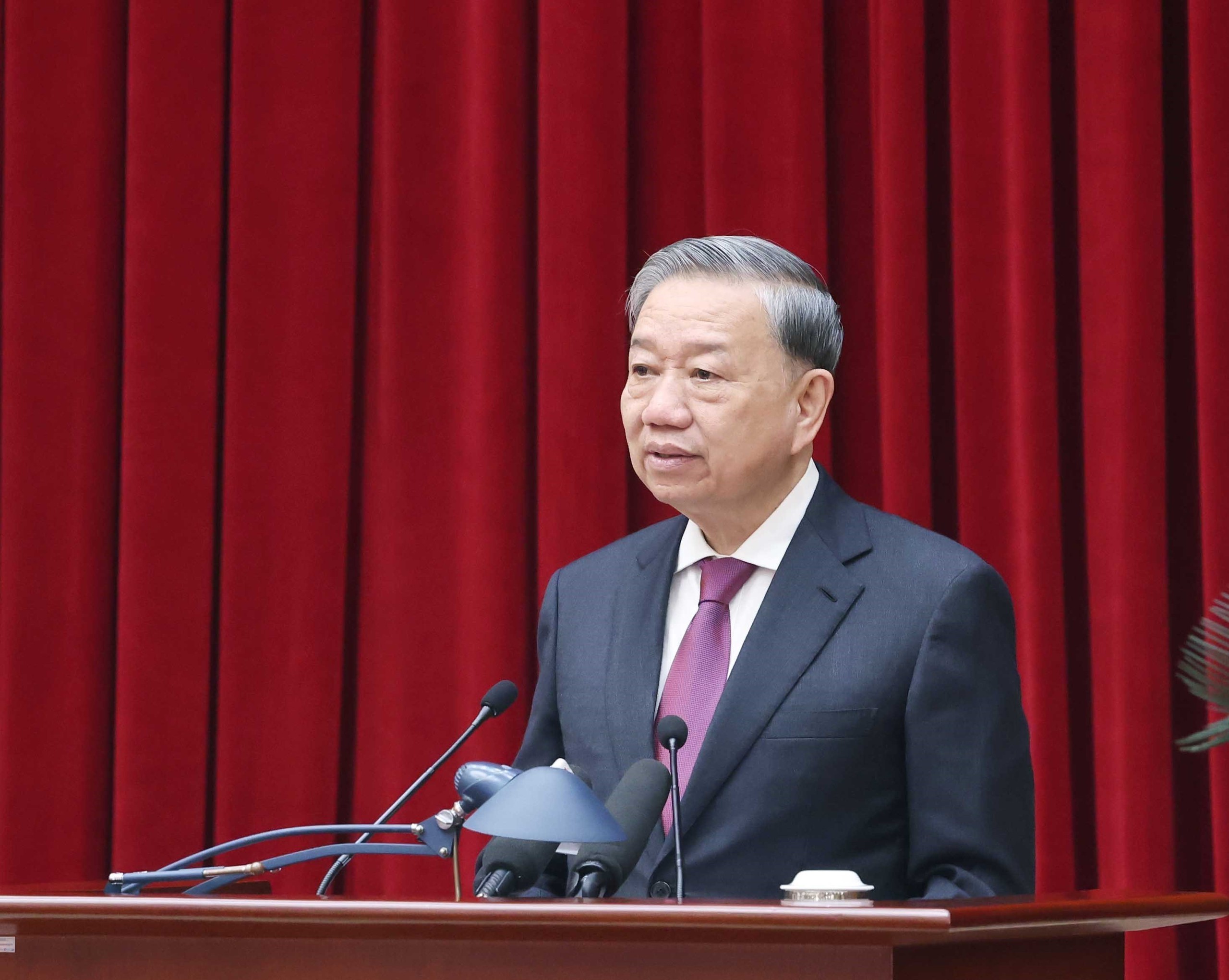
General Secretary To Lam delivered the closing speech at the 13th Party Central Committee Conference on January 24.
PHOTO: VNA
"If you don't check, you don't lead."
Innovating inspection and supervision work, ensuring smooth operation of the political system with the spirit of "work comes first" is one of the four key tasks and according to General Secretary To Lam, it is necessary to promote innovation in the Party's leadership and governing methods.
The General Secretary affirmed that the Party inspects and supervises so that work is performed better, resolutions are implemented effectively; the Party and State apparatus operates effectively, efficiently, in accordance with policies and guidelines, with the right people and the right jobs. At the same time, new factors, good and creative ways of doing things are promptly discovered; deviations and deviations are corrected or wrongdoings and violations of Party regulations and State laws are prevented.
In the work "Reforming working style" published in 1947, President Ho Chi Minh emphasized: "To fight bureaucracy and red tape; to know whether resolutions are implemented or not, whether they are implemented correctly or not; to know who is trying hard and who is doing things half-heartedly, there is only one way, which is to control well." President Ho Chi Minh also said: "Assigning work without checking, only paying attention when it fails. That is not knowing how to love cadres."
Former Director of the Institute of Party History Nguyen Trong Phuc said that inspection and supervision is one of the four important points in the Party's "leadership" as pointed out by President Ho Chi Minh. According to Associate Professor Nguyen Trong Phuc, the Party's leadership is not only about making correct decisions and resolutions and organizing their implementation. The Party's leadership must also be carried out through regular inspection and supervision to ensure that the Party's resolutions, guidelines and policies are implemented well and bring about results.
"Leadership without inspection is considered no leadership," Associate Professor Nguyen Trong Phuc emphasized.
The Party's inspection and supervision work is increasingly focused on and has achieved many results, but there are still many limitations, requiring innovation and improvement of the quality of Party inspection and supervision.
PHOTO: GIA HAN
Since becoming the ruling party, the Party's inspection and supervision work has been increasingly focused on and achieved many results. However, in Resolution 28/2022 of the 13th Party Central Committee, on continuing to innovate the Party's leadership and governance methods, the Party Central Committee still assessed that: a number of Party committees and organizations have not paid attention to inspection and supervision work; have not fully promoted the role and responsibility of inspection and supervision of advisory and support agencies...
Resolution 28 of the Party Central Committee also identified that innovating and improving the quality and effectiveness of inspection and supervision work is one of the key tasks to innovate the Party's leadership and governance methods. In other words, to innovate the Party's leadership and governance methods, it is necessary to innovate the inspection and supervision work.
The Resolution of the Party Central Committee clearly states that it is necessary to innovate methods and processes, improve inspection and supervision skills, ensure objectivity, democracy, science, synchronization, unity, caution and strictness. Conduct extensive supervision, focused and key inspections; proactively prevent and stop shortcomings and violations of party organizations, cadres and party members early and from afar, not allowing small violations to accumulate into major ones.
Focus on inspecting and supervising party organizations, leaders, and key officials in places where violations are likely to occur, where there are many concerns and public opinion, and areas where violations are likely to arise. Resolutely, strictly, and promptly handle party organizations and party members who violate the law.
The Central Committee also emphasized the need to promote the role and responsibility of the Party's advisory and support agencies in inspecting and supervising activities in assigned fields. Closely and synchronously coordinate the Party's inspection and supervision work with the State's inspection, audit and investigation work.
Speaking at the National Conference summarizing the Party's inspection, supervision and discipline work in 2024 and deploying tasks for 2025, General Secretary To Lam also emphasized the need to continue to strongly innovate inspection and supervision methods and approaches. At the same time, promoting digital transformation and applying information technology to further improve the quality, effectiveness and efficiency of the Party's inspection, supervision and discipline work.
General Secretary To Lam gave a speech at the National Conference summarizing the Party's inspection, supervision and discipline work in 2024.
PHOTO: VNA
"Bottom-up" monitoring and control
Former Assistant to the National Assembly Chairman Le Minh Thong said that it is necessary to innovate and strengthen the Party's supervision and inspection of the activities of the state apparatus, the Vietnam Fatherland Front , socio -political organizations, and mass organizations in implementing the Party's guidelines, policies, and resolutions in all areas of social life.
Along with solutions to improve the responsibility and inspection and supervision capacity of Party committees and leaders, Associate Professor Le Minh Thong suggested diversifying the forms of inspection and supervision to ensure that inspection and supervision work is both regular and focused, ensuring strict implementation of the Party Charter and State laws, without causing obstacles or inconvenience to the inspected subjects.
At the same time, proactively detect violations of Party discipline and State laws, and resolutely and appropriately handle cadres and Party members who violate Party discipline and State laws in any position.
Associate Professor Le Minh Thong also suggested the need to develop and implement responsibility regimes, especially political responsibility, ethical responsibility and legal responsibility of party organizations, state agencies, socio-political organizations, and leaders for work within their scope of leadership, management and operation.
General Secretary To Lam determined to innovate inspection and supervision to make the Party's work more effective and improve the Party's leadership and governing capacity.
PHOTO: GIA HAN
"It is necessary to study and apply the joint responsibility regime of organizations and individuals in cases where subordinate agencies or subordinate officials under their leadership and management violate Party regulations and State laws, causing serious consequences. At the same time, perfect the process of investigating responsibilities to be able to smoothly implement the issue of votes of confidence, resignations, dismissals, and removals in practice," said Associate Professor Le Minh Thong.
Former Director of the Institute of Party History Nguyen Trong Phuc summarized that an effective power control mechanism is needed as a tool for innovation in inspection and supervision. According to him, power control is a very big issue today to combat negativity, power and position seeking, having a position but not fulfilling responsibilities, shirking tasks leading to stagnation, especially stagnation in thinking and action.
Associate Professor Le Minh Thong emphasized the "bottom-up" control method as pointed out by President Ho Chi Minh, that is, the inspection and supervision of the people. "The activities of the Party, the State, organizations and the behavior of civil servants must be inspected and supervised by the people. The people directly (through the mass media) or indirectly (through representative organizations) participate in consulting and criticizing the agencies of the Party and the State," Associate Professor Le Minh Thong said, adding that during his lifetime, President Ho Chi Minh paid great attention to reminding cadres to be close to the people, ask the people, learn from the people, and listen to the people.
"In short, it is necessary to practice democracy widely, create a favorable environment and conditions to enhance the role of mastery, train mastery capacity, promote the mastery effect of the people, especially in building guidelines, evaluating policies, selecting cadres, rectifying organizations, detecting and handling corruption to clean up the apparatus and institutions, unite the people's forces and trust in the people's capacity, promptly resolve the people's legitimate requests; at the same time, always bring benefits to the people," Associate Professor Le Minh Thong added; at the same time, affirming that this is the best way for the people to support and actively participate in the innovation of the Party and the entire political system.
The activities of the Party, the State, organizations and the behavior of civil servants must be subject to social inspection and supervision by the people. The people directly (through the mass media) or indirectly (through representative organizations) participate in consulting and criticizing the agencies of the Party and the State.
Associate Professor Le Minh Thong, former Assistant to the Chairman of the National Assembly
Thanhnien.vn


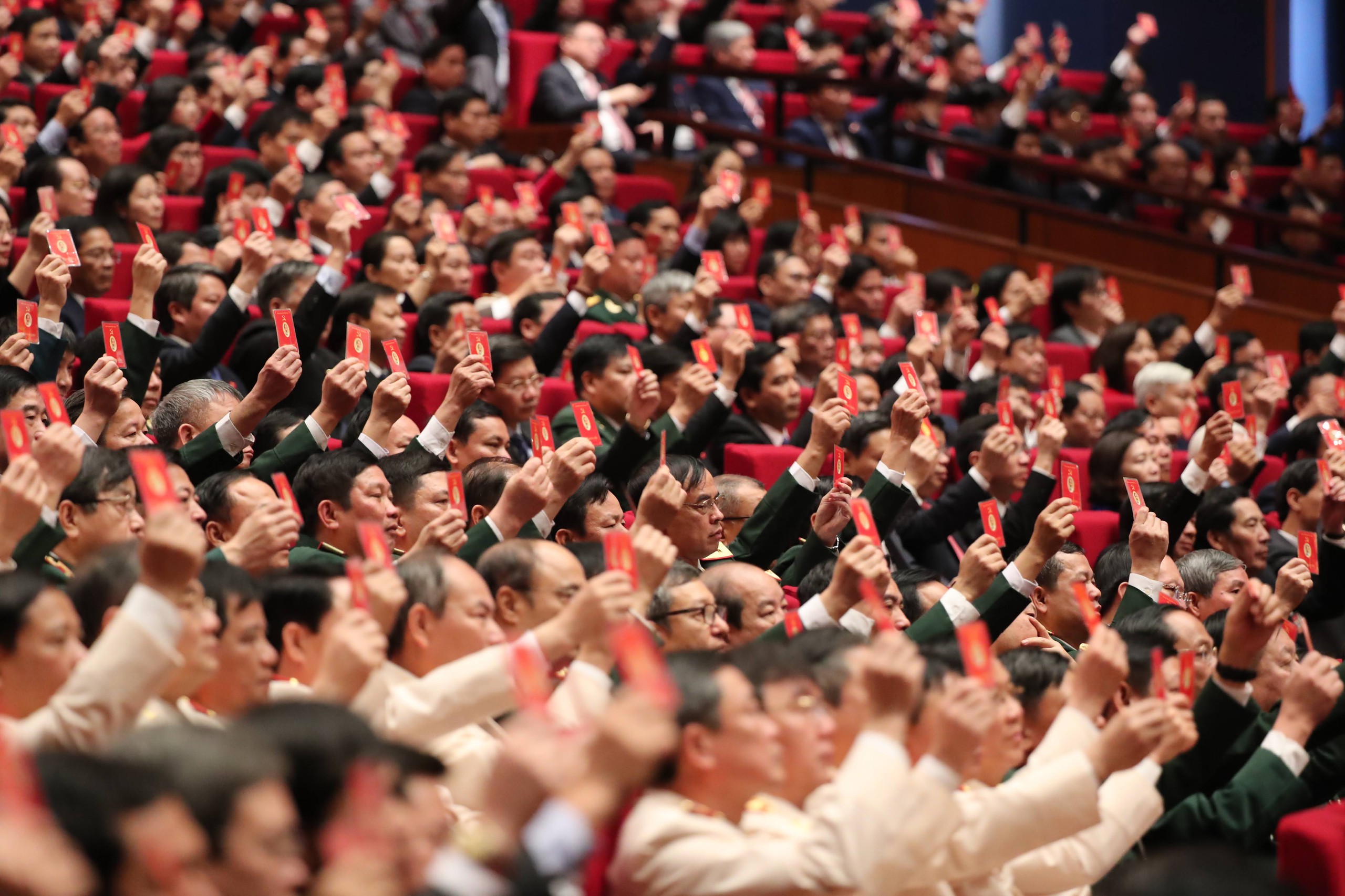

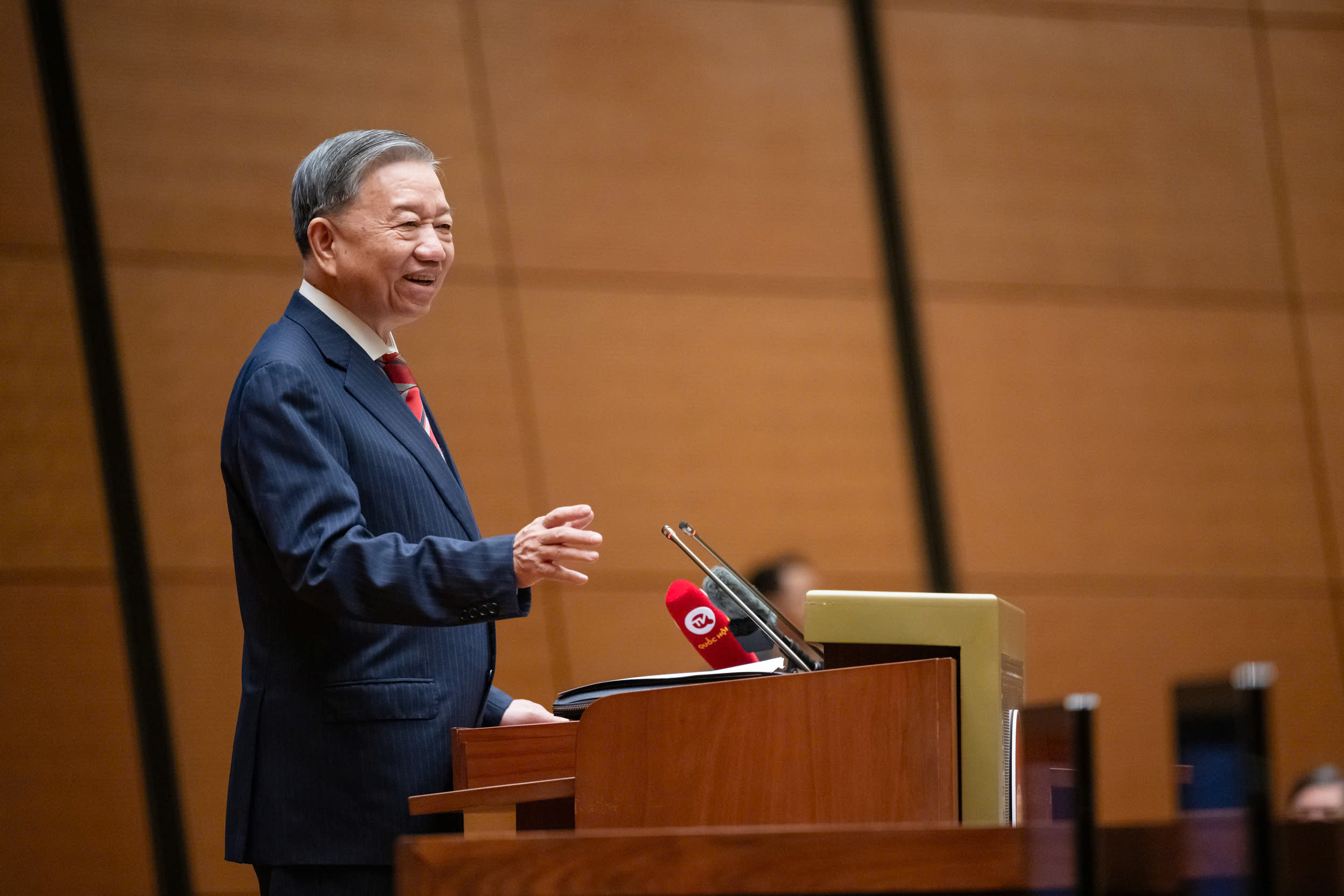





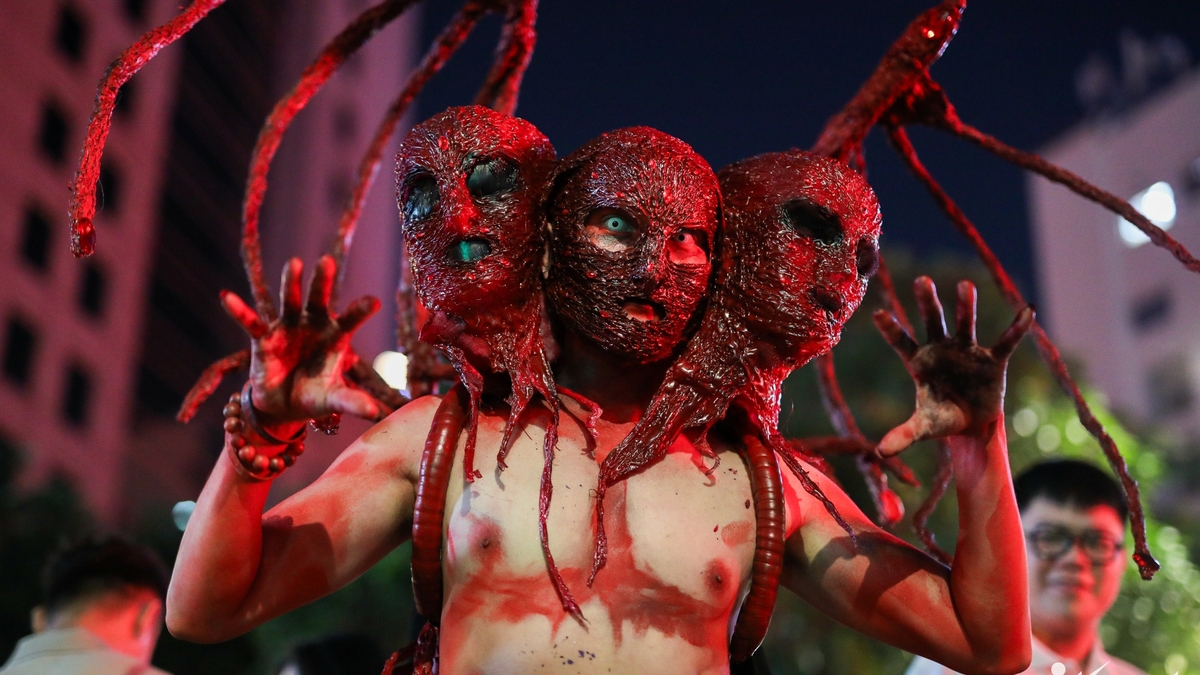
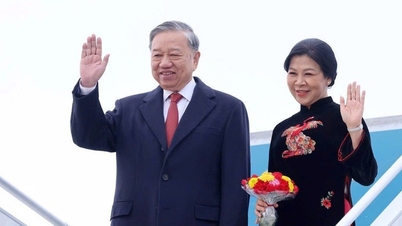

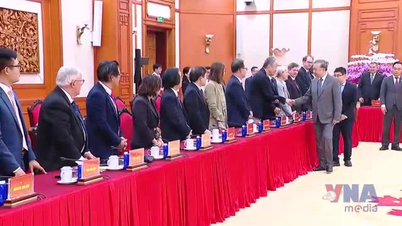

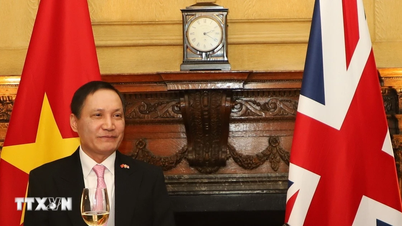
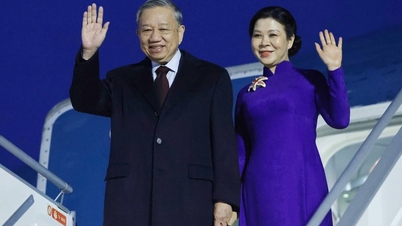
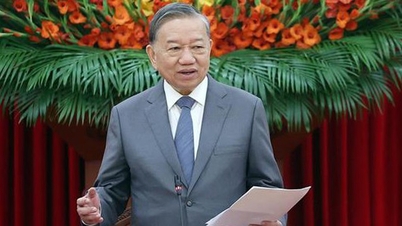
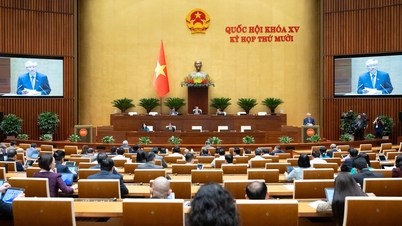

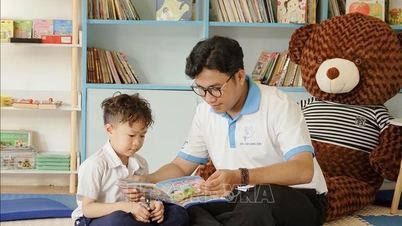

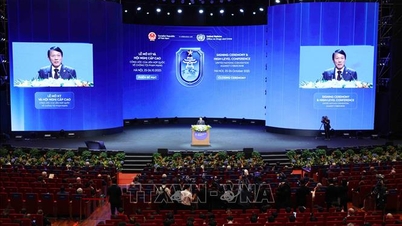
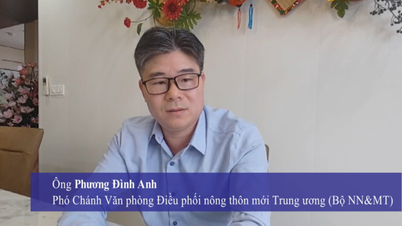
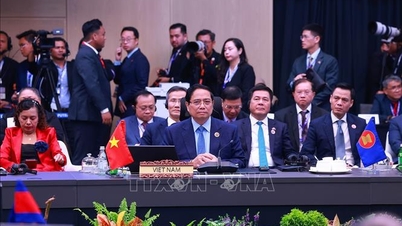
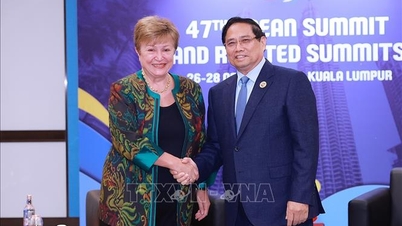





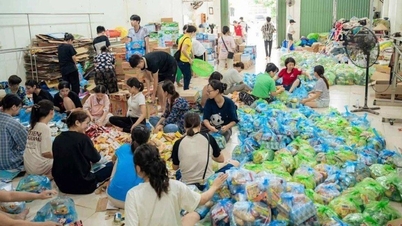
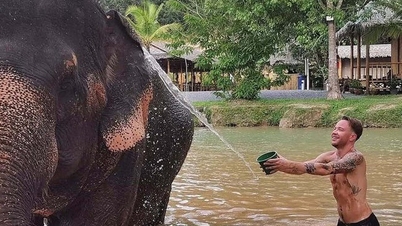
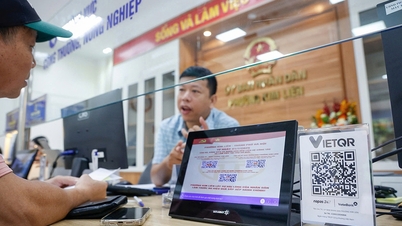
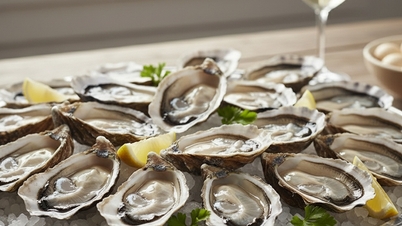
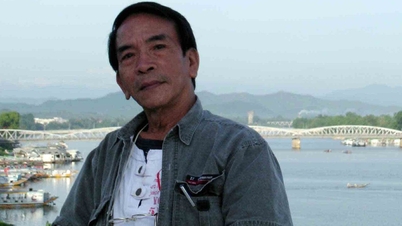
![[Photo] Nhan Dan Newspaper displays and solicits comments on the Draft Documents of the 14th National Party Congress](https://vphoto.vietnam.vn/thumb/1200x675/vietnam/resource/IMAGE/2025/10/26/1761470328996_ndo_br_bao-long-171-8916-jpg.webp)





















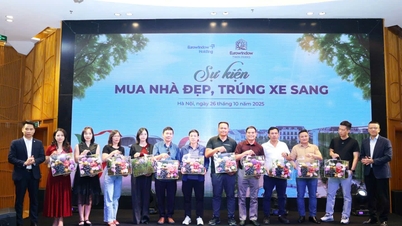
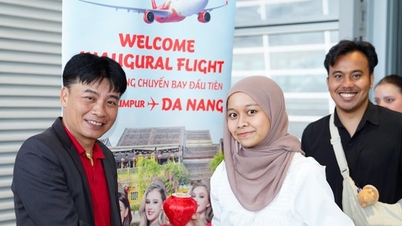

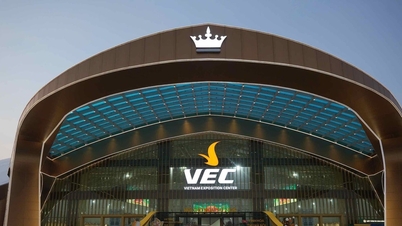

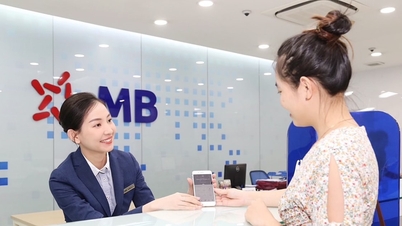








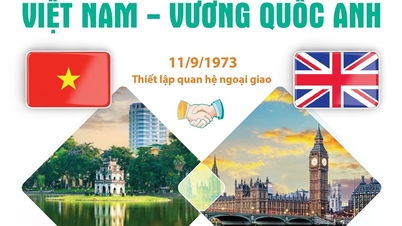
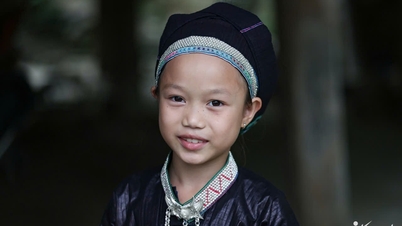
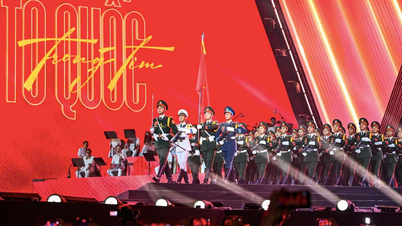

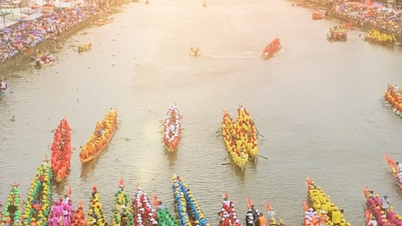

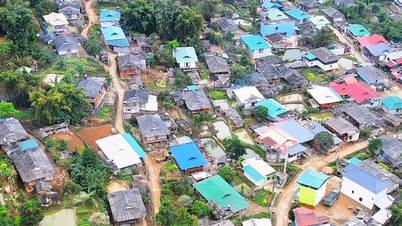
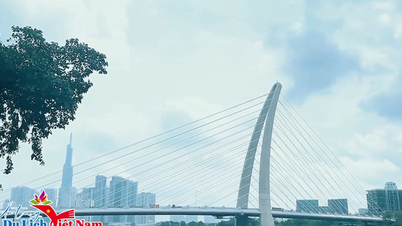
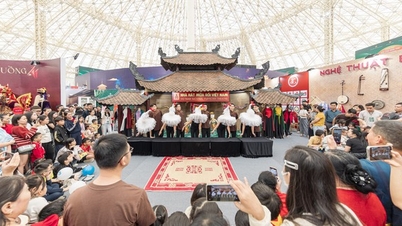
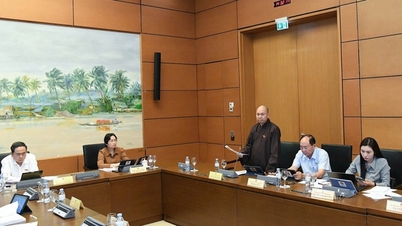
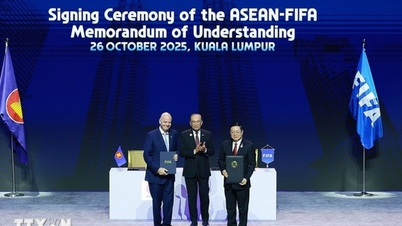
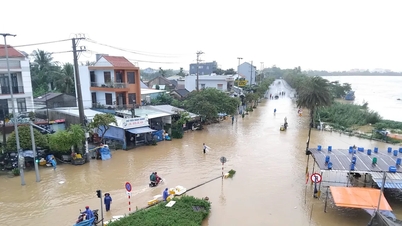
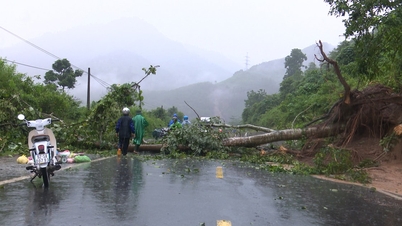

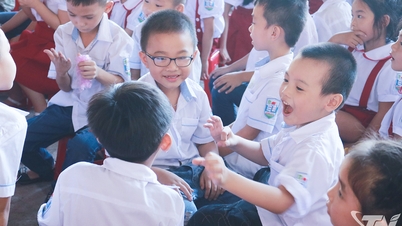

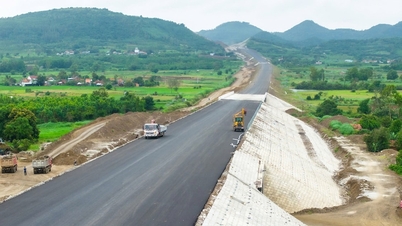

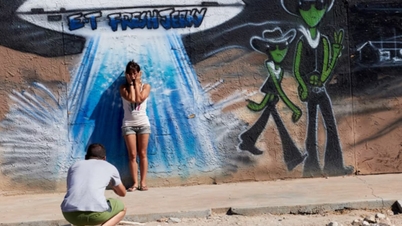
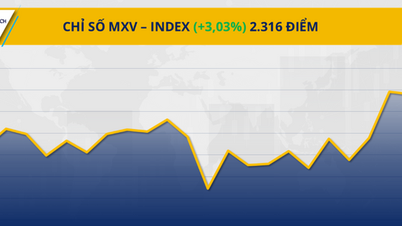















Comment (0)